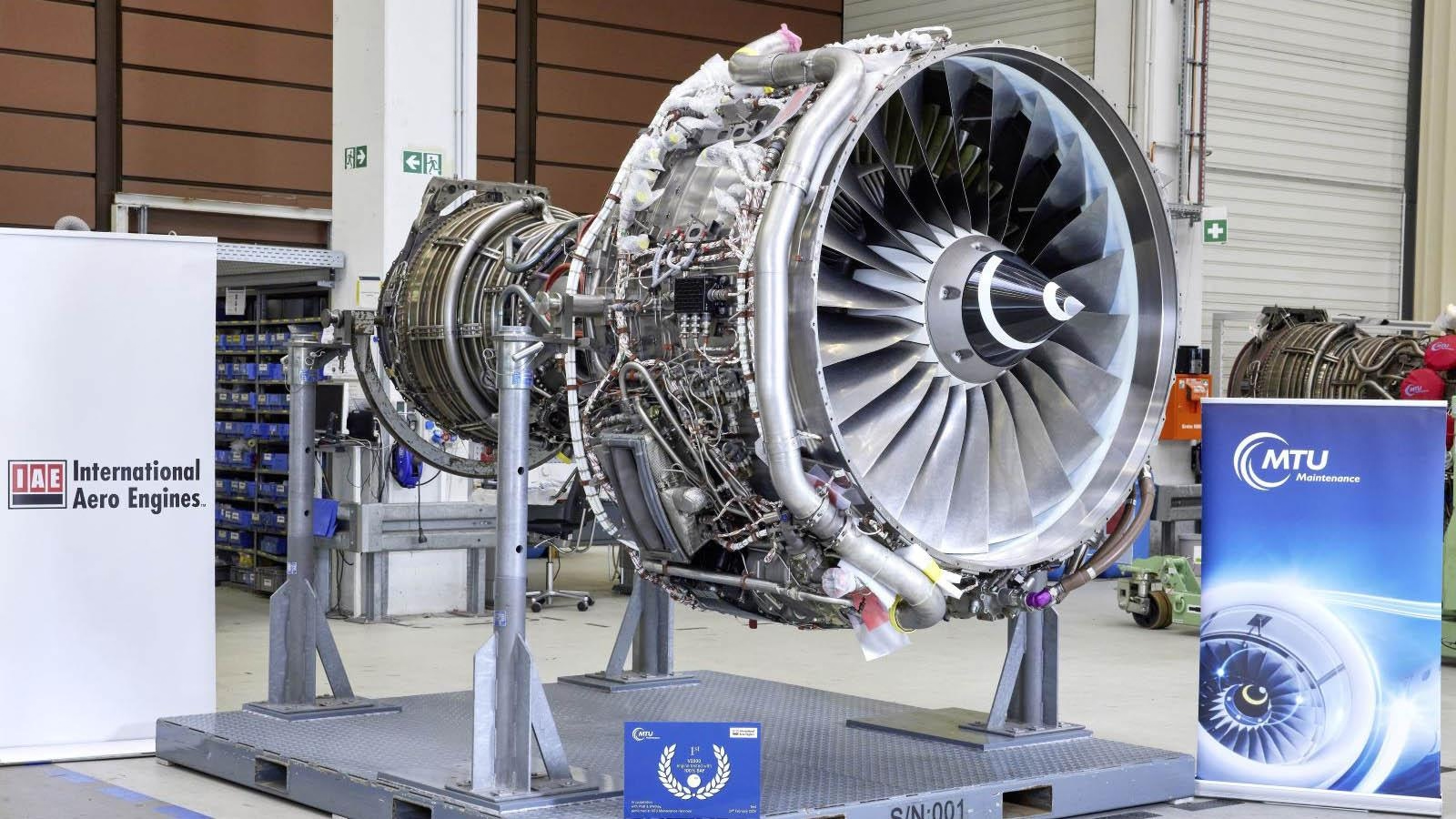AeroGenie — Your Intelligent Copilot.
Trending
Categories
The Future of Air Travel: 100 New Engines Powered by Alternative Fuel

The Future of Air Travel: 100 New Engines Powered by Alternative Fuel
American Airlines has announced a landmark order for 100 hydrogen-electric engines, marking a significant shift in the aviation industry’s approach to sustainable fuel. Developed by clean technology leader ZeroAvia, these engines are expected to be deployed in regional aircraft as early as 2027. This agreement represents one of the largest commitments to hydrogen power in commercial aviation to date and may influence other major carriers to explore alternative fuel options.
Hydrogen-Electric Engines: Transforming Regional Aviation
Hydrogen-electric engines operate by generating electricity from hydrogen fuel cells to power aircraft propellers, producing only water vapor as emissions. This technology offers a substantial reduction in greenhouse gas emissions compared to traditional jet engines. While ZeroAvia’s systems have been tested in smaller aircraft, the partnership with American Airlines could bring hydrogen-electric propulsion into mainstream commercial aviation.
The environmental benefits are particularly significant for regional jets, which dominate short-haul routes and contribute notably to airline emissions. ZeroAvia estimates that its engines could reduce lifecycle emissions by up to 90 percent relative to current models. In addition to environmental advantages, these engines are anticipated to provide quieter flights and lower operating costs, enhancing both passenger experience and airline efficiency.
Industry Challenges and Responses
Despite the promise of hydrogen-electric propulsion, several challenges remain. The initial cost of these alternative fuel engines is high, a concern shared across sectors such as agricultural machinery. Market skepticism persists regarding the economic viability of hydrogen fuel cells, especially when compared to battery-electric alternatives.
In response, competitors are pursuing diverse strategies. Companies like Pratt & Whitney are focusing on innovations such as geared turbofan engines to improve fuel efficiency, while GE Aerospace continues to invest in sustainable aviation projects. However, the industry is also witnessing a retreat from some sustainability initiatives as manufacturers face funding constraints and delivery backlogs.
Preparing Infrastructure and Regulatory Frameworks
The transition to hydrogen-powered flight will necessitate extensive changes in infrastructure and regulatory oversight. Airports and aviation authorities are already investigating new fueling systems, safety protocols, and maintenance procedures tailored to hydrogen technology. American Airlines is collaborating closely with ZeroAvia and other stakeholders to facilitate a seamless introduction of these engines.
Devon May, Chief Financial Officer of American Airlines, emphasized the strategic importance of this move, stating, “This is a move in the right direction toward our 2050 target of net-zero emissions.” The airline’s agreement includes an option to expand the order to hundreds of aircraft, reflecting strong confidence in the potential of hydrogen propulsion.
As the aviation sector navigates the complexities of cost, technology, and infrastructure, American Airlines’ investment may accelerate the development and adoption of cleaner aviation technologies, potentially reshaping the future of air travel.

Emirates Unveils Cabin Design for New Boeing 777X

Eighteen Years On, the Airbus A380 Remains Central to a $34 Billion Airline

How a boom in luxury airline seats is slowing down jet deliveries

Navitaire Outage Attributed to Planned Maintenance

DigiYatra Debuts Outside Aviation at India AI Impact Summit

Vietnam Orders Strengthen Boeing’s Commercial Outlook

Airbus Signals Uncertainty Over Future A400M Orders

JobsOhio Awards $2 Million Grant to Hartzell Propeller for Innovation Center

Collins Aerospace Tests Sidekick Autonomy Software on YFQ-42A for U.S. Air Force CCA Program

How the Airbus A350-1000 Compares to the Boeing 777
